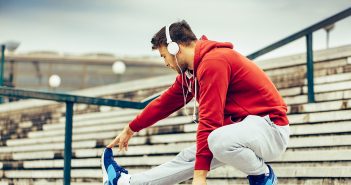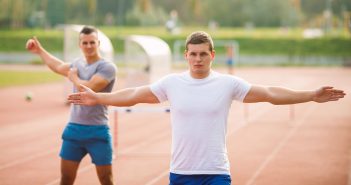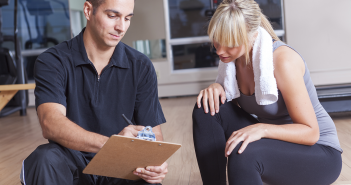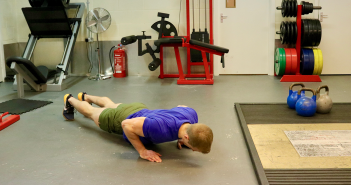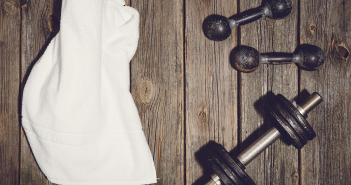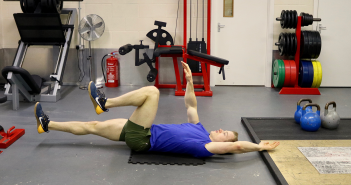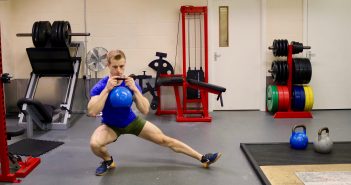
Using a plyometric (plyo) box to change up a workout program is really effective. Plyometrics are really useful to break through plateaus and keep the participant progressing. The only caution with plyometrics is that it is a high impact/ high weight-bearing group of exercises, therefore people with joint issues or overcoming injuries should avoid until strength and proprioception is regained.

